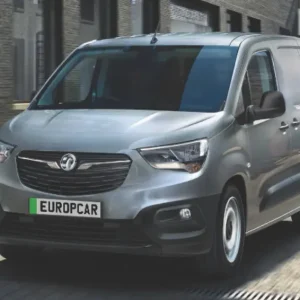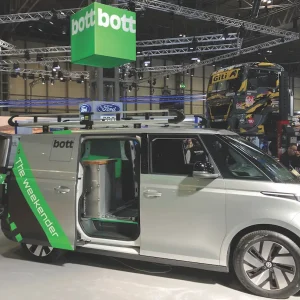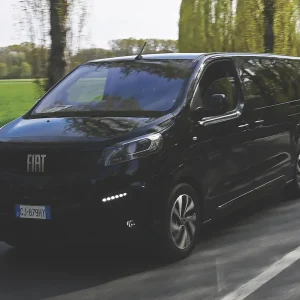The head of the Freight Operator Recognition Scheme (FORS) has slammed suggestions that the Freight Transport Association’s (FTA) Van Excellence scheme matches its own best practice standards.
The FTA announced on 28 June that its Van Excellence scheme was to be recognised by Transport for London (TfL), the former owner of FORS, as meeting the contractual requirements of its work related road risk clauses when supplemented by “additional audit items”.
The FTA claimed this meant London-based operators could now choose Van Excellence as an alternative compliance scheme to FORS, albeit without being entitled to FORS bronze accreditation.
But John Hix, FORS concession director, told What Van?: “If you bolt on a host of additional audits to an FTA audit FORS will accept it.
“It’s misconstrued to say FTA (Van Excellence) is the same as FORS, which it’s not.”
FORS insists CV operators want a single national best practice standard and claims it offers the simplest and most effective route to recognition.
“It’s a shame,” said Hix, “that FTA, which on behalf of its members should be championing a single national standard, is actually making life more complex for the industry.”
TfL ran FORS from its inception in 2008 until the end of 2014 when it transferred the scheme to be operated as a concession by the FORS Community Partnership (FCP) led by AECOM, with the aim of rolling it out nationally.
Prior to this point the two schemes shared an equivalence of audit, under which an operator recognised by one scheme would also comply with the other. But in 2015 the FORS standard changed and no longer recognised Van Excellence as equivalent.
According to the FTA, following 18 months of negotiations, it reached an accord with TfL to enable the schemes to co-exist.
James Hookham, the FTA’s deputy chief executive, told What Van?: “It is the solution we were looking for, TfL has its standards and is prepared to accept Van Excellence audits as meeting its standard with additional items.”
Ian Wainwright, head of Freight and Fleet at TfL, said: “We recognise the FTA’s Truck and Van Excellence schemes, when supplemented by additional audit items, as compliant with one of our contractual requirements.”
But Hix said: “FORS wants to make it clear the FTA does not provide anything that is equivalent to the FORS scheme.
“The FORS Bronze, Silver and Gold progression process is unique to FORS, as is its wide-ranging FORS manager and driver training – all provided as part of FORS membership.”
FORS claimed the FTA’s Van and Truck Excellence schemes fail to meet the best-practice standards required by current safety-driven supply chains and that to meet, even in part, TfL’s compliance criteria at least 10 additional requirements would have to be added to the FTA audit.
Hix added: “We fail to see how this can be seen as ‘excellence’ when both the FTA’s Truck and Van Excellence programmes fall way short of not just FORS Silver, but FORS Bronze.”
Hix listed the following aspects of FORS Bronze as not being met by Van Excellence:
Policies and procedures manual; Responsibilities and accountabilities; Responsible person; Complaints system; Fuel and tyre use; VRU (vulnerable road user) safety; Driver licence checks; Driver eyesight checks; Working at height and prevention of fall from vehicles; Vehicle manoeuvring; Routing and scheduling; Specialist goods; Insurance claims.
Since becoming a commercial concern using “a sustainable business model to cover operating costs and future development”, FORS has introduced fees of between £65 a year for an operator with a single vehicle and £2250 for operations with more than 100 CVs.
Van Excellence costs FTA member businesses £230 annually and non-members £460 annually.
FORS claims its 3600-strong membership operates 207,000 vehicles of which two-thirds are vans. Van Excellence has 108 accredited businesses operating more than 125, 000 LCVs.





